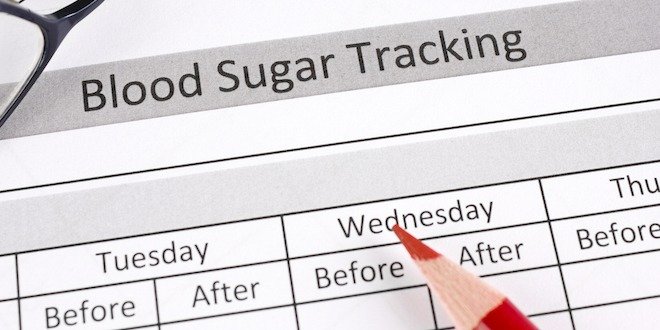
Regular blood glucose testing is important for people with diabetes, but are random blood glucose tests also helpful? For some people with diabetes – particularly those with type 2 who don’t take insulin – random testing could prove very helpful in preventing and managing high blood sugar levels (hyperglycemia). There are also some other situations where checking your levels in addition to your recommended schedule may be important.
What is considered to be ‘regular’ blood sugar testing?
According to the Diabetes Canada guidelines, people with type 1 or type 2 diabetes who take insulin more than once a day should test their blood sugar at least three times daily. Testing should include both pre- and postmeal measurements.
People with type 2 diabetes who are not on insulin therapy should test their blood sugar as follows:
- If your blood sugar levels are not at target, regular testing should be done; your healthcare team can help you determine when (for example, before and/or after meals, at bedtime) and how often you should test.
- If your blood sugar levels are at target, and you are not taking any medications that are known to be associated with hypoglycemia(for example, sulphonylurea drugs), then less frequent testing is appropriate. Your healthcare team can help you determine the testing schedule that is best for you.
What should you consider ‘random’ blood sugar testing?
You’ve discussed with your healthcare team how often – and at what times of the day – you should check your blood sugar. So you know when to test on a normal basis, but can random tests also be helpful?
There are a couple of reasons why you might want to do random tests during the day or night:
- When you’re not meeting your blood sugar targets, for no apparent reason. If you are experiencing frequent highs or lows during regular testing, but nothing in your life has changed (i.e. your diet, exercise regimen and stress levels are the same as usual), it’s a good idea to do some random checks to help try to figure out what might be causing them. This might include doing extra tests before bedtime, during the night, or a few hours before or after eating a meal. Compiling these random results with your regular blood glucose test results can help you and your healthcare team determine if there are any patterns. If so, they can help you can make the necessary adjustments to your daily activities and your medication regimen.
- When you’re ill. During an illness or infection, blood glucose levels often rise. Testing more often when you are sick can help you determine how much your blood sugar is rising, and then you can take the appropriate actions. It’s important to remember to take your medications as prescribed when you are sick.
- To see how your blood sugar responds to physical activity. It’s well-known that exercise can cause blood glucose levels to drop. Testing your blood sugar before and after physical exercise will help you determine how big a drop you experience when doing various physical activities. If your blood sugar drops on numerous occasions, you can discuss either altering or changing your medication regimen with your healthcare team.
The more results you collect, the more information about your blood sugar levels you’ll be able to provide to your healthcare team when you show them your logbook results, whether written or digital. This in turn can help you understand why you experience highs or lows, and eliminate them accordingly.



